Situated on a hill overlooking Jeju Island’s unique landscape of rocks, cliffs, and the Pacific Ocean, The Wind Hill project aimed to create six single-family houses that seamlessly blend with the natural surroundings. The goal was to form a cohesive village where each house maintains its individuality while fostering a sense of community among the residents.
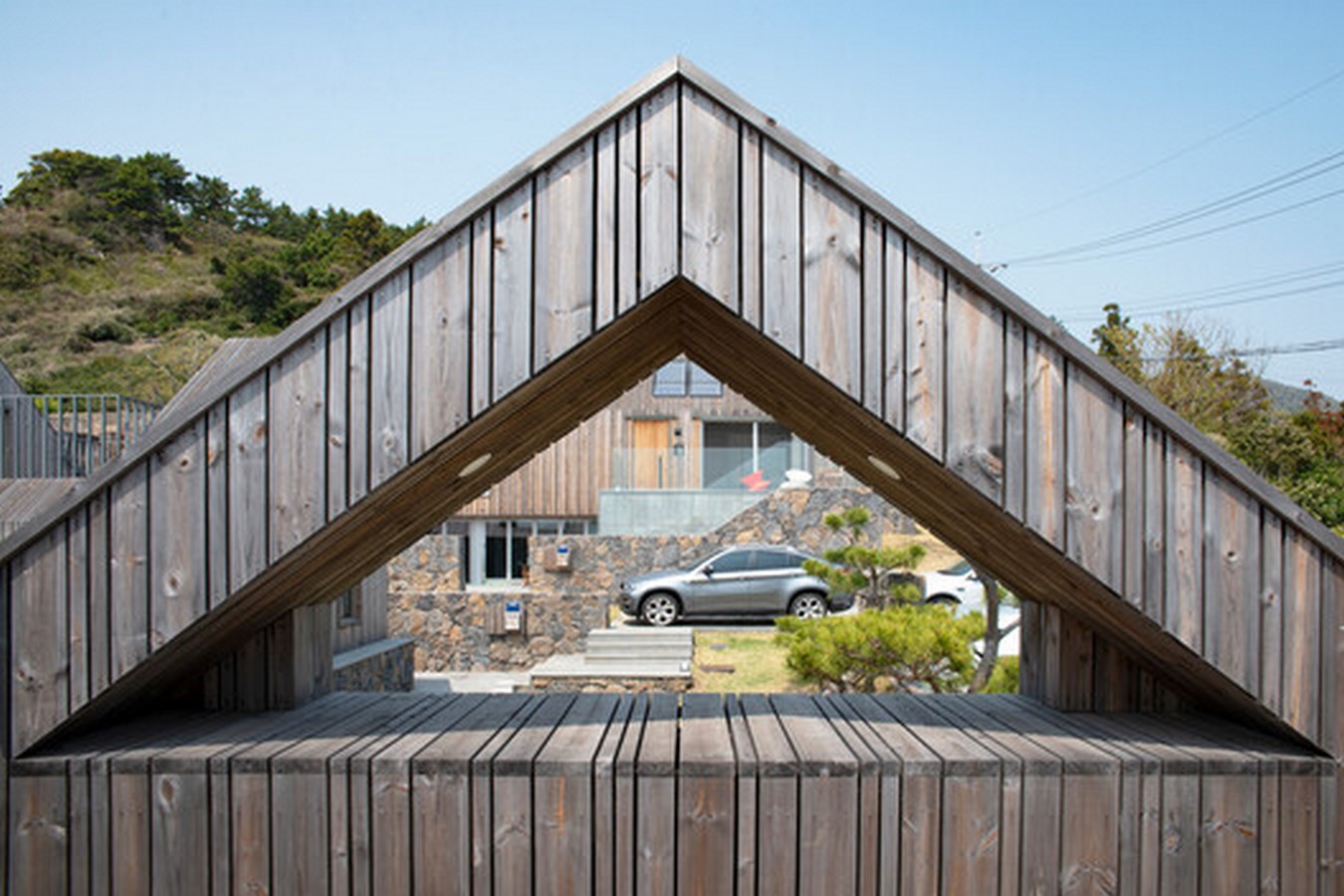
Collective Dream Turned Reality
The Wind Hill represents the collective dream of six former colleagues, all sharing the aspiration to build and live in a village overlooking the ocean. Despite the challenge of designing six distinct houses while maintaining architectural integrity, the architects successfully achieved coherence and harmony. The clients unanimously agreed to preserve the wooden structure and exterior aesthetics, contributing to the project’s overall unity.
Design Challenges and Solutions
One of the significant challenges was allocating shared community facilities among the six houses, including parking, gas storage, pool, jacuzzi, and communal outdoor spaces. Through negotiations and collaborative efforts, the clients resolved these challenges, aided by alternative proposals from the architects based on site conditions and privacy considerations.
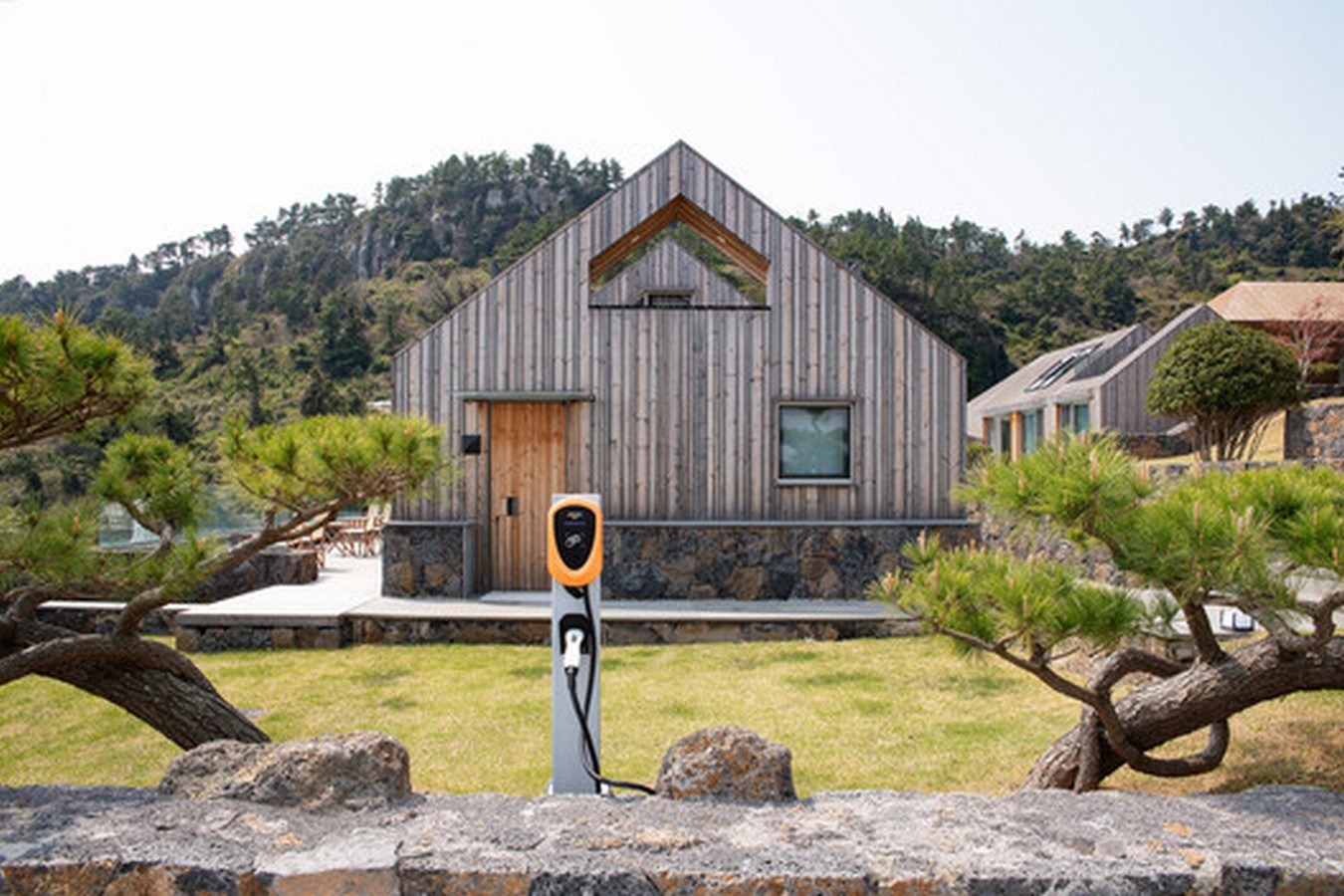
Sustainable Construction and Material Choice
The houses feature a reinforced concrete structure in the basement and a lightweight wood frame structure on the ground floor, providing durability and flexibility. Thermowood was chosen as the primary material for the exterior due to its quality, durability, and aesthetic appeal. The use of an open-joint, rain-screen system facilitates maintenance and enhances the lifespan of the thermowood cladding, ensuring resilience against Jeju Island’s seasonal typhoons.
Embracing Community and Nature
Reflecting the concept of a village, shared elements such as parking lots, yards, water features, and access roads were evenly distributed among the houses. A winding passage connects the six houses, surrounded by landscaping with native Jeju plants, blending seamlessly with the natural environment.

Conclusion: A Testament to Wood and Community
The Wind Hill project stands as a testament to the enduring appeal of wood as a building material and the power of community-driven design. By harmonizing with nature and fostering a sense of belonging among residents, The Wind Hill exemplifies the potential of architecture to create sustainable and enriching living environments.

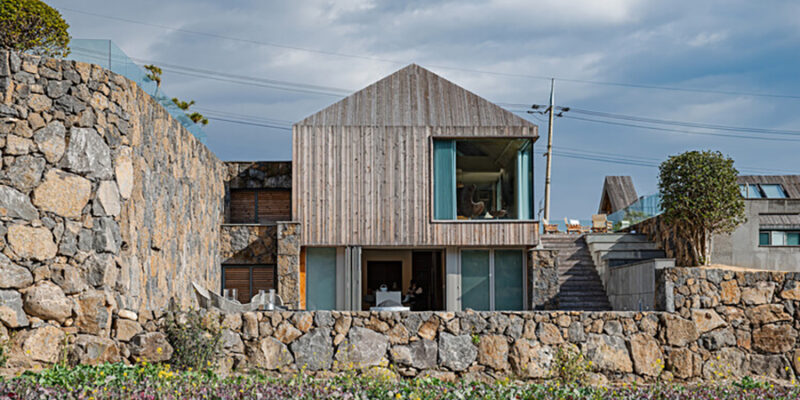
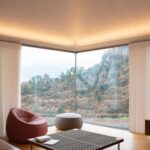
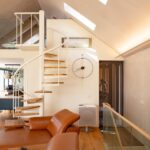
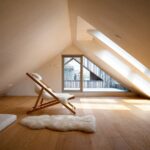
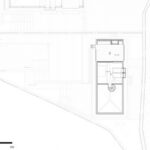


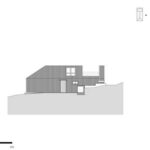
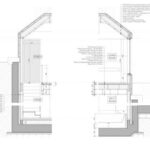
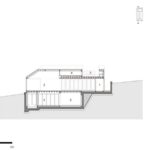

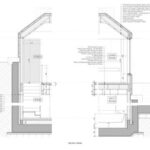
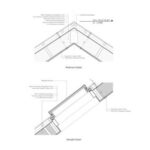



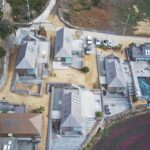
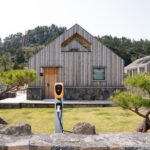
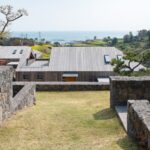
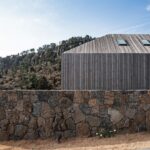
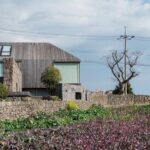
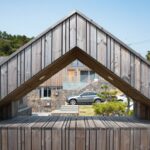
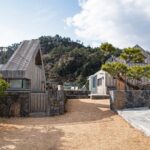

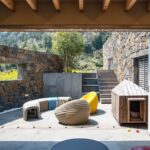
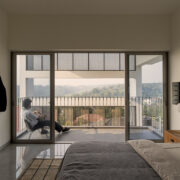
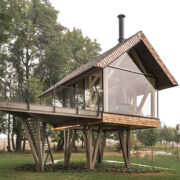
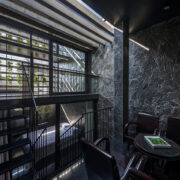
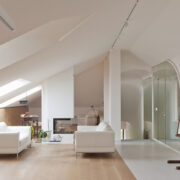
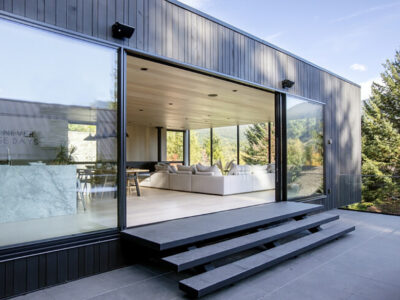
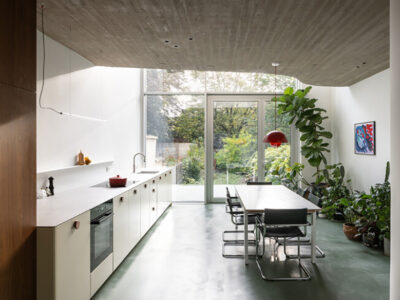
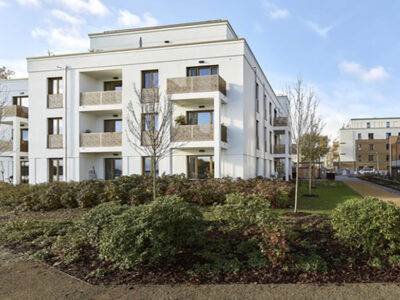
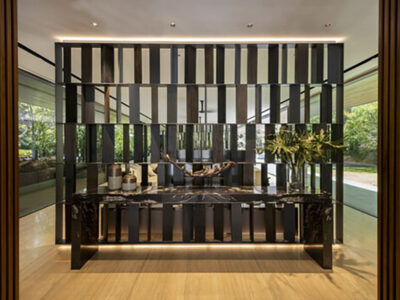
Comments